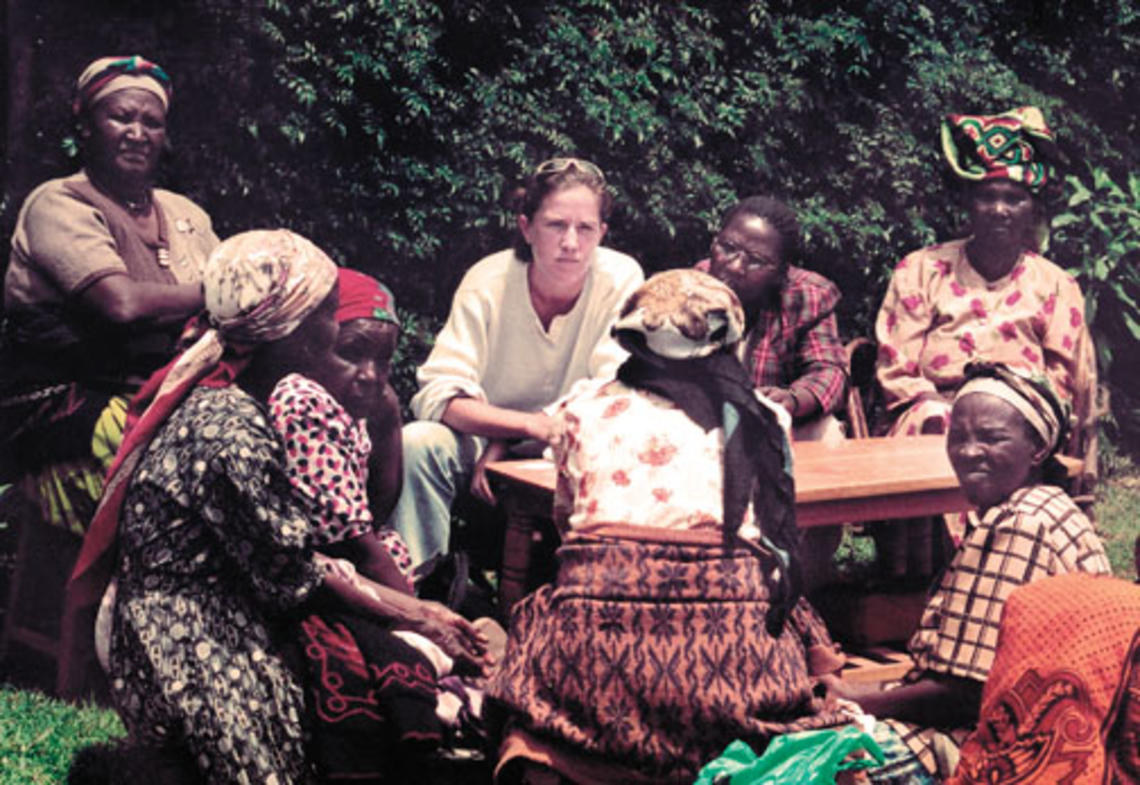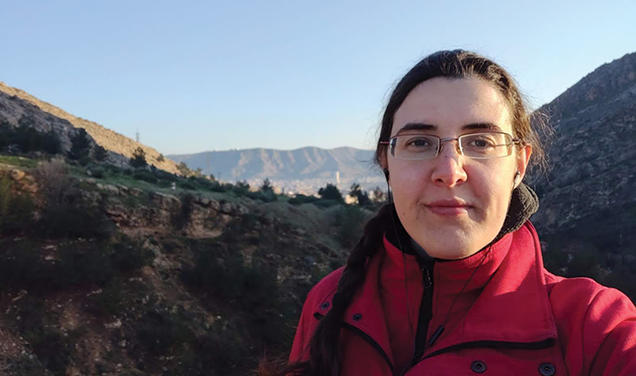Caroline Elkins ’91: Victory for the Kikuyu
An alumna’s research leads to a landmark apology and reparations

When the British government formally apologized in early June for its abuse and detention of Kenyan members of the Kikuyu tribe in the 1950s and ’60s, about 150 elderly survivors gathered in Nairobi to hear the announcement first hand. Caroline Elkins ’91, a Harvard historian whose research helped to precipitate a landmark $30 million reparations agreement, was there as a witness and participant. “There was just a range of emotions, from tears to singing and dancing to a sort of bewilderment,” she says.
For Elkins, that day completed a long process of “historical recovery” that began when she was a Princeton student doing senior-thesis research in Nairobi. Her thesis examined the historical roles of Kikuyu women, but in the process, she read references to the British government’s detention program during the anti-colonial rebellion known as the Mau Mau uprising.
As a graduate student at Harvard, Elkins revisited the Mau Mau era. She uncovered evidence of widespread torture and sexual abuse, along with indications of a systematic cover-up.
Piecing the story together through hundreds of interviews, Elkins completed her Ph.D. dissertation and continued working on the project. In 2005 she published Imperial Reckoning: The Untold Story of Britain’s Gulag in Kenya, which won the Pulitzer Prize in history. But support for Elkins’ research was far from unanimous. Even within her field, she says, some critics labeled her book a work of fiction. More than 5,000 Kikuyu victims began a legal battle for reparations in 2009, and the case forced the British government to hand over documents that backed the accounts of Elkins’ sources.
Archbishop Desmond Tutu praised the settlement in an interview with BBC News: “It sends a signal to the world that no matter how badly human beings behave towards one another, goodness ultimately prevails.”










1 Response
Lisa M. Skoog de Lamas *85
9 Years AgoResearch and reparations
Re “Victory for the Kikuyu” (Princetonians, Sept. 18): What a remarkable article!
Dad was a zoologist and studied zebra from 1968 to 1971 in the Serengeti National Park in Tanzania, and I lived in Nairobi, Kenya, at a Catholic boarding school from 1969 to 1971. One African girl was the only nonwhite girl in the school. I felt sorry for her because she was alone and because she could hear the girls muttering “bloody kaffir.” I was shy, but I felt deeply ashamed.
It wasn’t until I read Caroline Elkins ’91’s book, Imperial Reckoning, that I discovered how cruel and horrible the British were in the Mau Mau rebellion. Of course, at age 11, I saw that the British were very condescending toward the Africans and was puzzled.
I’m just happy that Elkins’ research found a way to force the British government to apologize and to give $30 million in reparations. Good for them, and good for PAW!